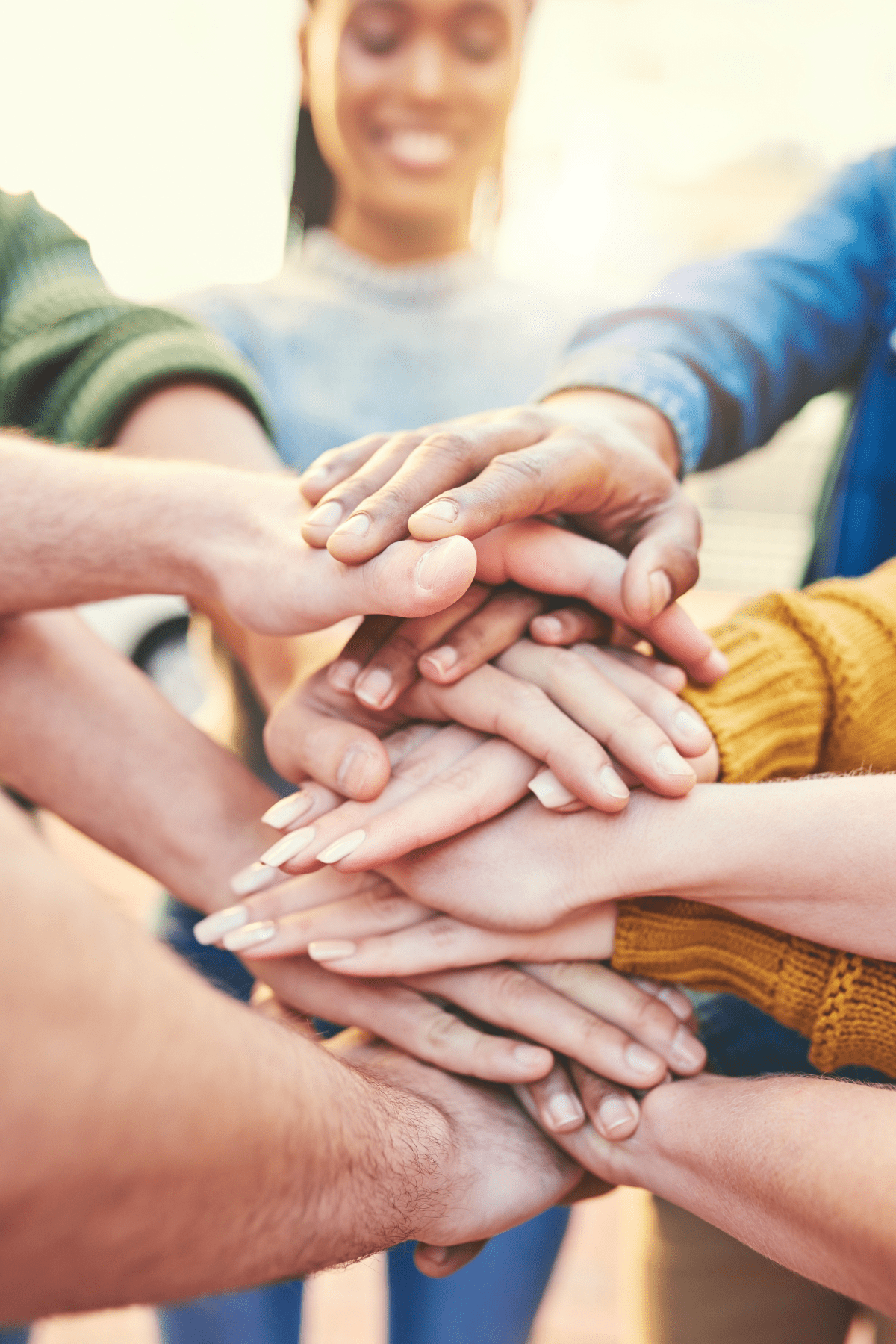We talk a lot about strategies for when our kids get stuck, but what about us? Parents can certainly feel stuck too.
I’m feeling it to the nth degree these days, and I’ve decided to share my current feelings of being stuck in the stuck of stuck and what I’m doing to slowly find my way out of that darkness. In this episode I share my current stuckness, how doing simple things has been hard for me, and what my therapist is helping me do to feel better so I can do better.
I hope that my openness in sharing some of my personal story helps you feel a little less alone and inspires a new perspective for yourself or your parenting.







Thank you for sharing these human moments- they are connecting us all as parents, women, and villages of encouragement!
❤️
Hi dear Penny.. thanks for being totally transparent and sharing your daily struggle.
I can totally relate to you and spent a life time of looking for answers to my (then undiagnosed ADHD)..
and in that journey I discovered how diet plays such an important role to our well-being. Like you I used to be a coffee lover but when I became a Health Ministries
leader in my church I learnt the adverse affects it has on our brain.. giving us that “feel good” euphoria.
I don't know how much you know about this and I haven't come to preach to you, but rather to share truth. I recommend Barbara O'Neill's Youtube videos.. she's a world renowned Holistic Wellness lecturer and has helped thousands be set free by understanding our ‘health disconnect' with our loving Creator.
I'm praying for you, dear Penny.. may you come into His light and be transformed by the renewing of your mind.(Romans 12:2) Go well, liNZ
Thanks for the care in your reply. My coffee is decaf. 😉